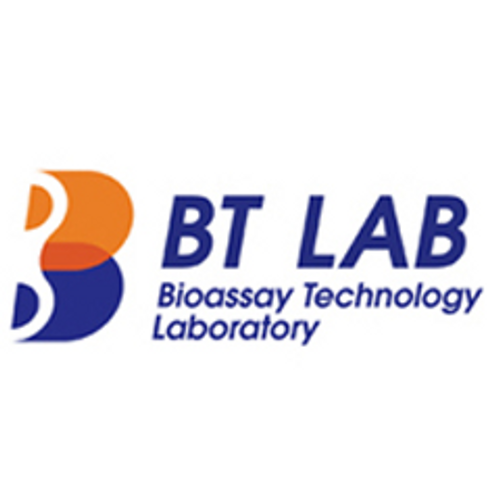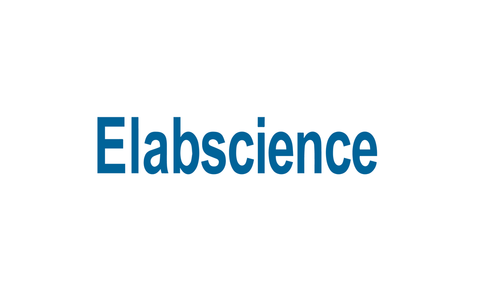Product Description
Human Progesterone induced blocking factor (PIBF) ELISA Kit | AE27531HU | Abebio
Species Reactivity: Human (Homo sapiens)
Abbreviation: PIBF1
Alternative Name: C13orf24; KIAA1008; PIBF; RP11-505F3.1; progesterone-induced blocking factor 1
Application: ELISA
Range: 2-800 ng/mL
Sensitivity: 2 ng/mL
Intra-Assay: ≤5.6%
Inter-Assay: ≤8.5%
Recovery: 1, 02
Sample Type: Serum, Plasma, Other biological fluids
Detection Method: Sandwich
Analysis Method : Quantitive
Test Principale: This assay employs a two-site sandwich ELISA to quantitate PIBF1 in samples. An antibody specific for PIBF1 has been pre-coated onto a microplate. Standards and samples are pipetted into the wells and anyPIBF1 present is bound by the immobilized antibody. After removing any unbound substances, a biotin-conjugated antibody specific for PIBF1 is added to the wells. After washing, Streptavidin conjugated Horseradish Peroxidase (HRP) is added to the wells. Following a wash to remove any unbound avidin-enzyme reagent, a substrate solution is added to the wells and color develops in proportion to the amount of PIBF1 bound in the initial step. The color development is stopped and the intensity of the color is measured.
Product Overview: PIBF encodes a predicted hydrophilic 757-amino acid alpha-helical protein with an N-terminal signal sequence, a nuclear localization signal, a leucine zipper motif, a basic zipper sequence, a PEST sequence, an endoplasmic reticulum membrane retention signal, and several potential N-glycosylation and phosphorylation sites. Immunoblot analysis, immunocytochemistry, and fluorescence microscopy of insulin-treated mammary carcinoma cells detected expression of a 34-kD secreted protein in cytoplasmic granules. In untreated cells, nucleus-associated expression of the full-length 90-kD protein was detected.PIBF1 contains 758 amino acids. multiple PIBF1 transcripts expressed at highest levels in testis. Moderate expression was detected in spleen, thymus, prostate, ovary, small intestine, and colon.
Stability: The stability of ELISA kit is determined by the loss rate of activity. The loss rate of this kit is less than 5% within the expiration date under appropriate storage condition. The loss rate was determined by accelerated thermal degradation test. Keep the kit at 37°C for 4 and 7 days, and compare O.D.values of the kit kept at 37°C with that of at recommended temperature. (referring from China Biological Products Standard, which was calculated by the Arrhenius equation. For ELISA kit, 4 days storage at 37°C can be considered as 6 months at 2 - 8°C, which means 7 days at 37°C equaling 12 months at 2 - 8°C) .
 Euro
Euro
 USD
USD
 British Pound
British Pound
 NULL
NULL








